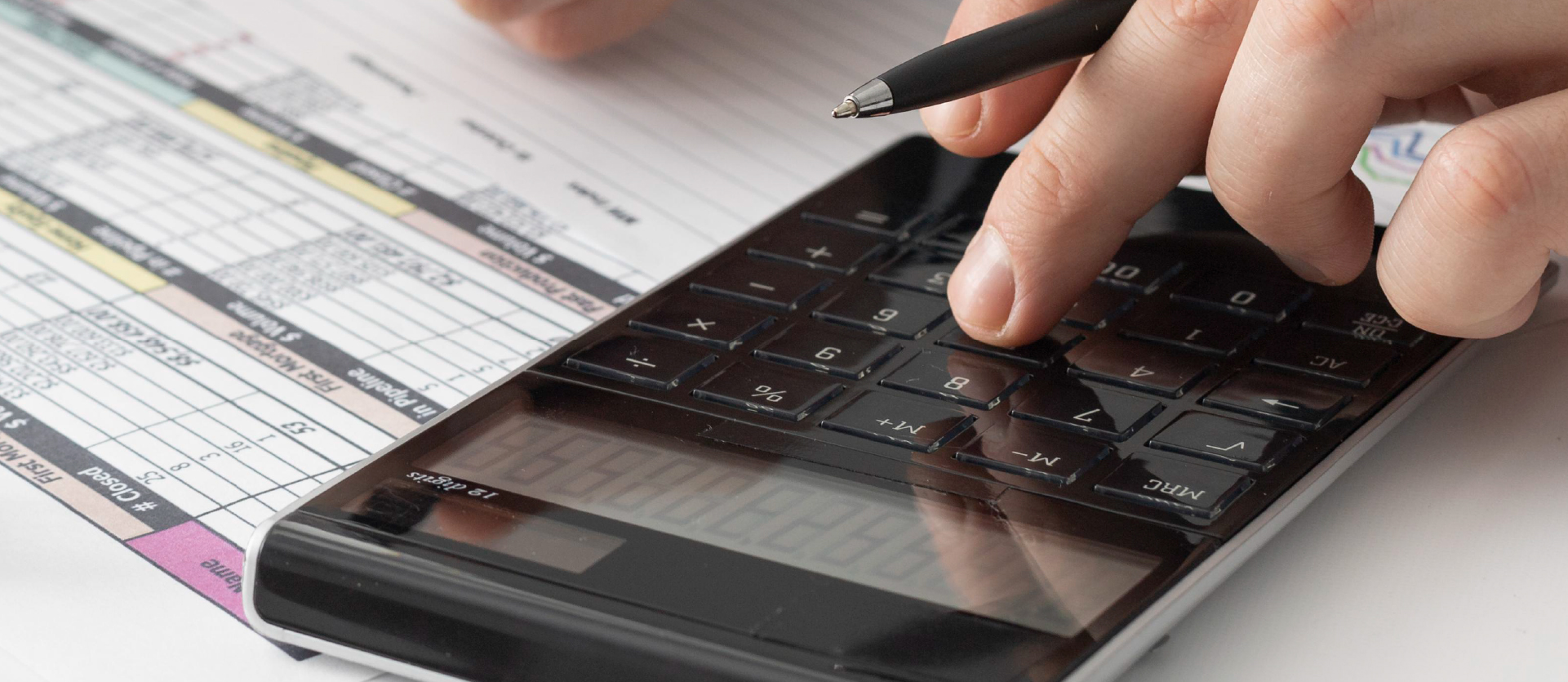Executive summary:
| Authority | Date | Content |
| Decree No. 8.301 | November 17, 2022 | The Presidency of the Republic vetoed in full bill No. 7,022/2022, extending Value Added Tax ("VAT") deductions for individuals who provide services independently. |
| Decree No. 8.416 | November 30, 2022 | Extends until December 31, 2022, the validity of the special ISC taxable bases for certain fuels derived from oil. |
| General Resolution No. 122 | November 21, 2022 | The Undersecretariat of State for Taxation ("SET") updates the list of taxpayers subject to the jurisdiction of the General Directorate of Collection and Regional Offices. |
| General Resolution No. 105 | December 17, 2021 (reminder) | The SET established the schedule of due dates for several groups of taxpayers to compulsorily adhere to the Integrated National Electronic Invoicing System ("SIFEN") - Reminder for Group 3 and following. |
More information:
► Decree No. 8,301/2022 - The Presidency of the Republic fully vetoes the bill seeking to extend the VAT deduction for individuals who provide services independently.
Through Decree No. 8,301/2022 (the "Decree"), the Presidency of the Republic fully vetoed Bill No. 7,022/2022 (the "Bill"), whereby it was proposed to amend Articles 88 and 89 of Law No. 6,380/2019 (the "Tax Law").
The draft Bill proposed to amend the Tax Law and, thereby, allow individuals who independently render personal services to deduct the full input VAT tax credit on purchases of consumer goods, such as food and non-alcoholic beverages, among others. As one of the main reasons for the objection, the Executive Branch indicated that the Bill violates the principles of equality before taxes, proportionality, necessity, and reasonableness.
With the total veto of the Executive Branch, the Bill returned to the Chamber of Deputies, which confirmed by absolute majority the acceptance of the veto. Next, the Senate Chamber must decide whether to approve or reject the veto. It is expected that this chamber will also accept the veto since the Executive Branch has transcribed in the Decree the text of the legislative amendment bill of the Senate Chamber.
It is important to remember that the Executive Branch issued Decree No. 8,175 on November 7, 2022, which extended the deductibility of the VAT tax credit for certain purchases. More information on this matter can be accessed through the following link: https://vouga.com.py/se-amplian-las-deducciones-del-iva-para-personas-fisicas-que-prestan-servicios-de-manera-independiente/
► Decree No. 8,416/2022 - Extension until December 31, 2022, of the special ISC tax bases for certain petroleum fuels.
Through Decree No. 6,620/2022, the Executive Branch modified, on a transitory basis, the ISC taxable bases for the importation and commercialization of the following oil-derived fuels:
| Product | Taxable Base |
| 1) Gas Oil/Diesel Type III | G. 2.388,9 per liter |
| 2) Virgin Naphtha | G. 3.045,6 per liter |
| 3) Naphtha RON | G. 6.033,3 per liter |
Originally these tax bases were to be in force only during February 2022, but then their validity was extended monthly at the rate of one decree per month. Decree No. 8,416/2022 is the last of these extensions, extending the validity of these tax bases until December 31, 2022.
► General Resolution No. 122/2022 - The SET updates the list of taxpayers subject to the jurisdiction of the General Directorate of Collection and Regional Offices.
The SET updated the list of taxpayers under the General Directorate of Collection and Regional Offices' jurisdiction by General Resolution No. 122/2022 (the "RG").
As of December 1, 2022, the taxpayers indicated in the list of Annex I of the RG are removed from the category of "Large Taxpayers" and are incorporated into the category of "Small Taxpayers" under the jurisdiction of the General Directorate of Collection and Regional Offices.
As of the same date, the taxpayers indicated in Annex II of the RG are removed from the "Medium Taxpayers" category and incorporated into the "Small Taxpayers" category, subject to the jurisdiction of the General Directorate of Collection and Regional Offices.[1].
Taxpayers whose Single Taxpayer Registry (" RUC") number does not appear in any of the annexes of the General Resolution, remain in the category in which they are currently, with no change in the competence of the General Directorate of the SE T that administers them
[1] Annexes I and II of General Resolution, can be found at the following link
If you wish to know if you or your organization are affected by this Resolution, you can consult the complete list of taxpayers in the following link: complete list of taxpayers in the following search engine.
► General Resolution No. 105/2021 - Mandatory schedule was established for several groups of taxpayers to adhere to SIFEN - Reminder for Group 3 and following.
All taxpayers, especially those in Group 3 of the SIFEN, are reminded that the SET issued General Resolution No. 105/2021 (the "RG"), dated December 17, 2021. Through this RG, the mandatory calendar for several groups of taxpayers to adhere to the SIFEN was established, foreseeing ten groups with nine different due dates, with a difference of one quarter between the dates foreseen for one group and another, except for groups 1 to 3, according to the following calendar.
| Groups | Date from which they are obliged |
| 1 – “Pilot plan” | July 01, 2022 |
| 2 – “Voluntary adherence” | July 01, 2022 |
| 3 – “Compulsory phase” | January 02, 2023 |
| 4 – “Compulsory phase” | April 03, 2023 |
| 5 – “Compulsory phase” | July 03, 2023 |
| 6 – “Compulsory phase” | October 02, 2023 |
| 7 – “Compulsory phase” | January 02, 2024 |
| 8 – “Compulsory phase” | April 01, 2024 |
| 9 – “Compulsory phase” | July 01, 2024 |
| 10 – “Compulsory phase” | October 01, 2024 |
Obligated taxpayers from groups 3 to 10 may start issuing electronically before the established date in case they wish to do so gradually. However, once the mandatory date arrives - January 2, 2023, for group 3 - they must exclusively issue all their documents electronically since the authorization and stamping of their pre-printed or self-printed documents, granted by the SET, will cease to be valid, except for the one related to virtual withholding receipts.
Taxpayers should take into account that they will bear the cost of the development and implementation of an electronic invoicing system, which often involves a considerable implementation time, as acknowledged by the SET in article 4 of the RG when it grants a period of up to 12 months of adaptation to those who wish to become voluntary electronic billers.
Therefore, it is extremely important to be aware of whether you or your company is covered by the mandatory SIFEN, because, if you are and you do not take the appropriate measures in time, you may no longer be able to operate normally. If you want to know if you or your organization are affected by this RG, you can consult the complete list of taxpayers in the complete list of taxpayers in the following search engine. For further details or better advice, don't hesitate to get in touch with our tax professionals.


